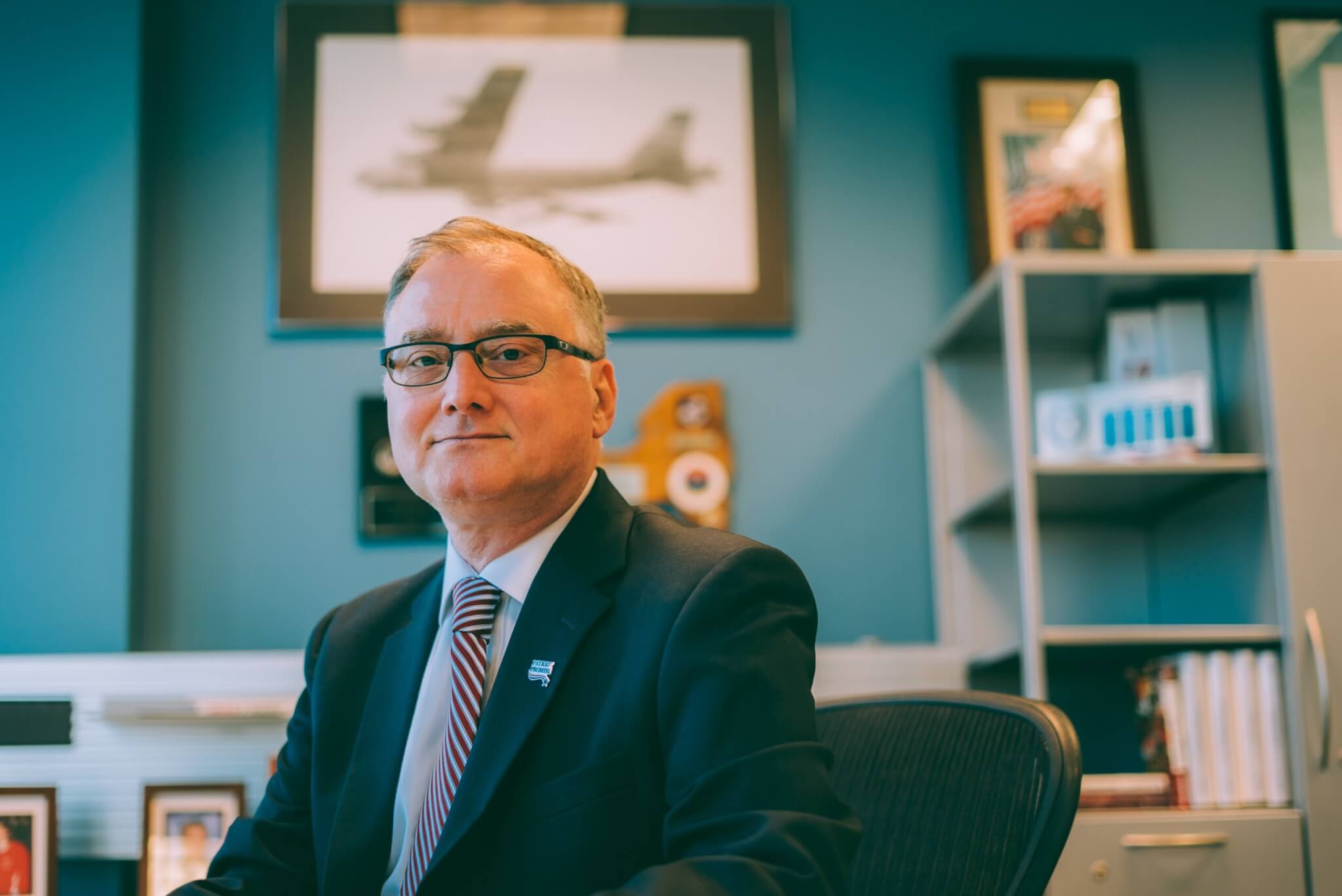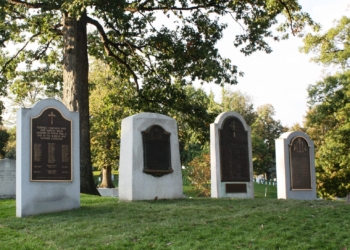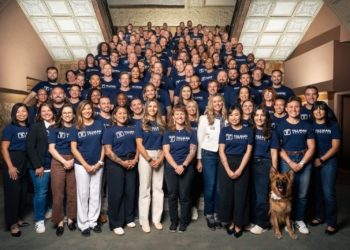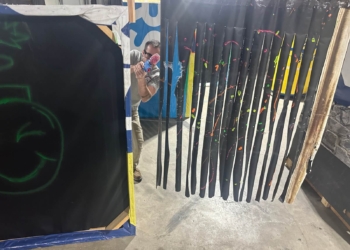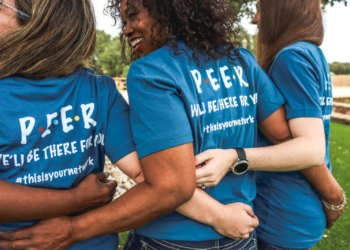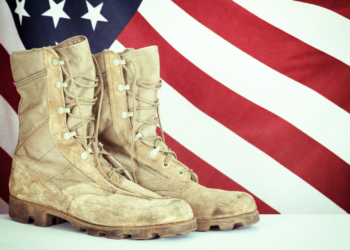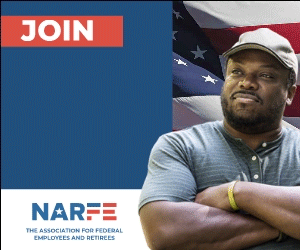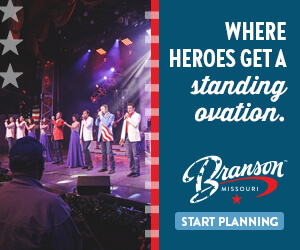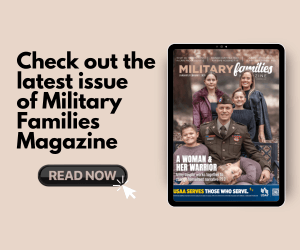Former Air Force Maj. Bob Taylor had flown 11 combat missions during Operation Desert Storm as a B-52 radar navigator. But after returning home, he couldn’t figure out the simple action of sleeping through the night.
“I was afraid to go to sleep, because I knew I was going to wake up with hellaciously violent nightmares,” said Taylor, a Michigan native. “So I started drinking a little to help me fall asleep. And when a little no longer worked, I started drinking more.”
Taylor soon had a choice to make: continue to suffer in silence from service-connected PTSD and sleep deprivation or reach out for help. He chose the latter — and today is passing along his lessons learned to other service members.
“Now I can talk to someone like it’s no big deal, but the first few times were not easy,” Taylor said. “My wife and I are very private, but now I go around sharing with people about very private things, because I know how important it is for people to reach out.”
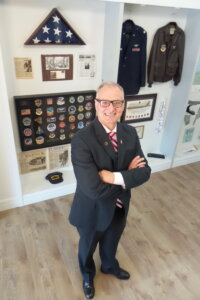 To that end, Taylor, now the CEO of a major medical device company, speaks to audiences around the nation about overcoming the three most common issues plaguing veterans after transitioning from military life. He even wrote a book called “From Service to Success: New Mission, New Purpose, and a New Journey to a Great Life” for both veterans and civilians to better understand ways to overcome unique military challenges.
To that end, Taylor, now the CEO of a major medical device company, speaks to audiences around the nation about overcoming the three most common issues plaguing veterans after transitioning from military life. He even wrote a book called “From Service to Success: New Mission, New Purpose, and a New Journey to a Great Life” for both veterans and civilians to better understand ways to overcome unique military challenges.
First up? The way veterans often feel a lack of purpose amongst civilians.
“When we go into the military, we go from ‘many’ to ‘one,’ from being individuals to being reprogrammed to have one mission,” said Taylor. “But when we leave, we go from one to many, and we can lose track of who we are.”
Taylor himself certainly felt that way. After receiving help at the VA — including a sleep study that revealed his legs were jerking approximately 270 times an hour — he was able to find new passions. Those include not only discussing his military experience with others and writing his book, but founding a nonprofit called The Patriot Promise Foundation. The foundation helps establish nonprofit ventures run by veterans, as well as providing opportunities to learn new workplace and life skills through a training program based on Taylor’s book.
Secondly, an issue hampering veterans is failing to learn a new thinking process about one’s interconnectedness to the rest of the world. Taylor refers to it as former service members soldiering through and doing things on their own.
“When we’re in the military, we’re part of a tribe, but when we get out, we have to change our thinking process so we start to see civilians as part of our tribe,” he said. “A lot of military members say that civilians don’t understand us, so that’s why we need to actually establish strong relationships with them and explain it.”
Lastly is ignoring the role that gratitude plays in one’s life. Taylor has spoken with many veterans who assume that their military experience will be their life’s pinnacle. But as his own life demonstrates, that need not be true.
“One of the practices I really encourage veterans to adopt is thinking with a sense of gratitude, to be grateful for what you already have,” he said. “Because your best days are in front of you.”
Taylor has discovered that these three challenges are universal, whether the veteran fought in WWII or Afghanistan — or even if they never saw combat.
“The technology changes, but at the core, we’re still humans,” he said. “We’re still facing the basic challenge of needing to have purpose and relationships in life, to feel needed, wanted and successful. And when you can find a new passion, you can pour yourself into that and find a new level of success and meaning.”


